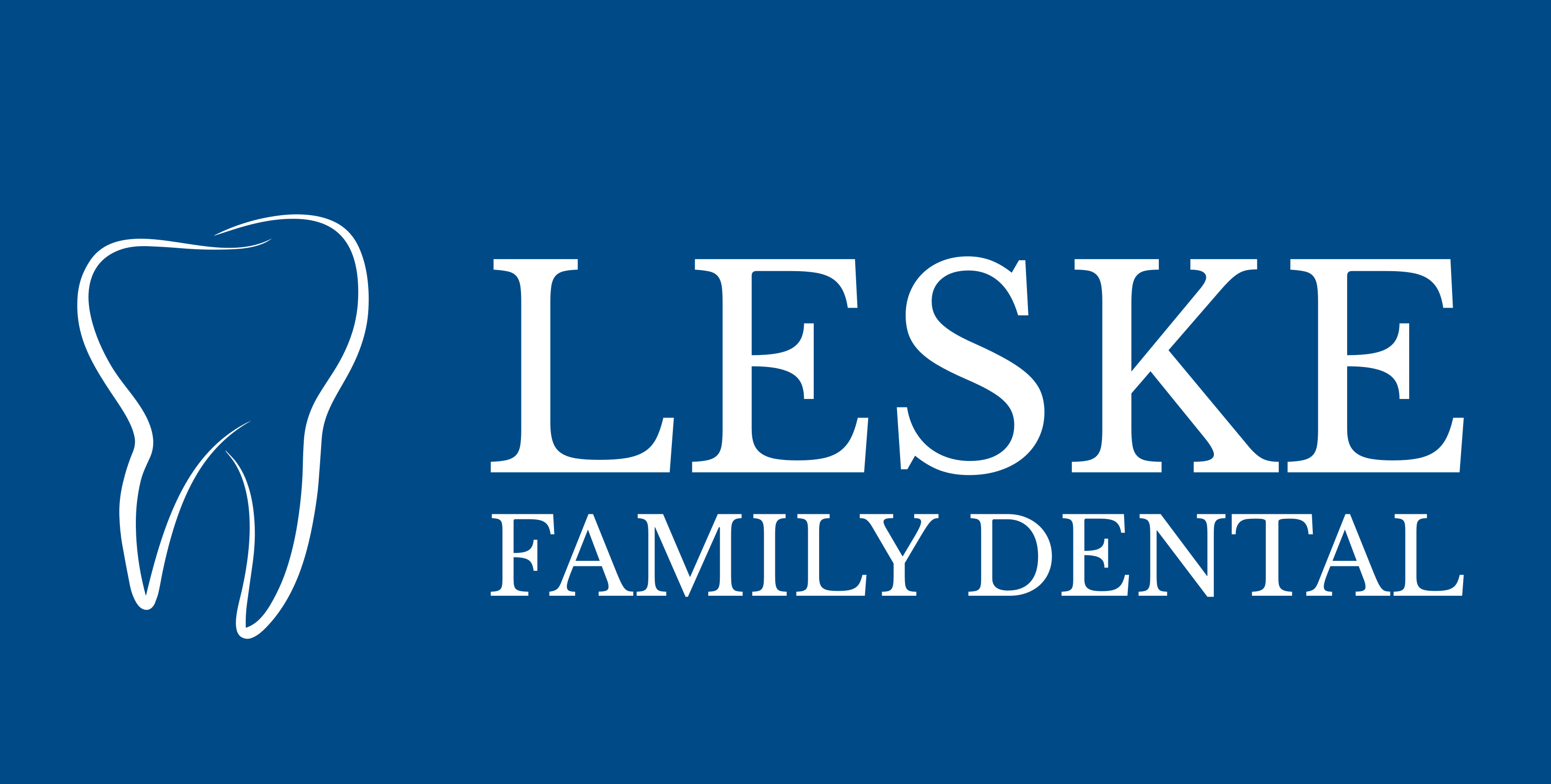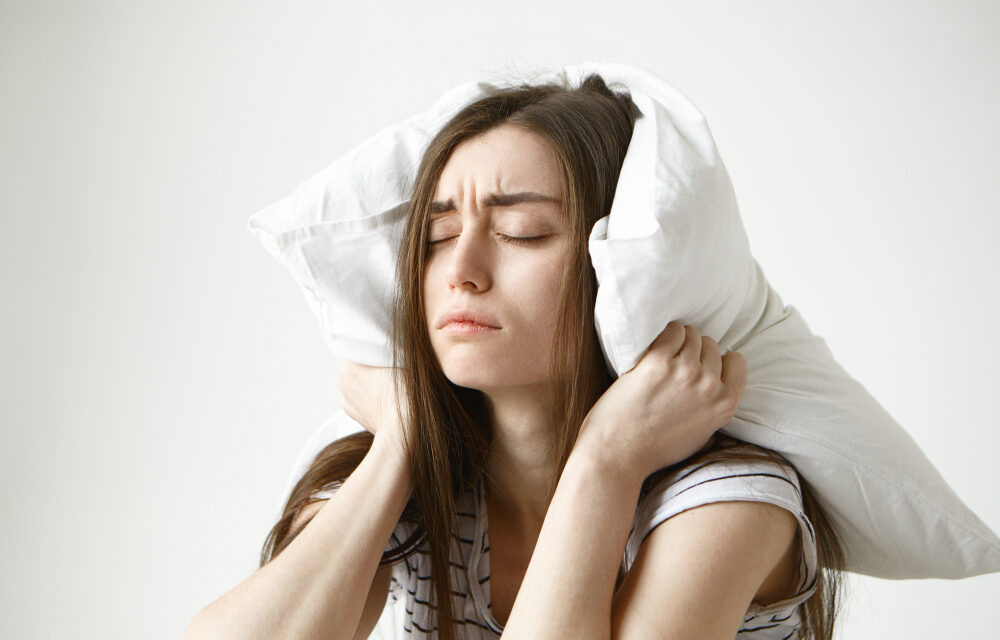Sleep apnea is a sleep disorder where you stop breathing for 10-30 seconds at a time. It’s caused by a muscle in your airway that relaxes and blocks your airway. This can happen when you’re sleeping or during the day while you’re doing activities like talking, laughing, or eating. If you have sleep apnea, it may increase your risk of other health problems. Positive Airway Pressure, or PAP, is typically considered the first line of defense against sleep apnea. In most cases, this entails donning a mask while sleeping in order to allow pressurized air to be pumped into the lungs and maintain an open airway. The Continuous Positive Airway Pressure (CPAP) machine is the most popular kind of positive airway pressure (PAP) equipment. The treatment for sleep apnea treatment in Troy also includes using Adaptive Servo Ventilation (ASV) therapy which helps in regulating the breathing patterns when you sleep. In this article, we are going to discuss several pros and cons of using ASV therapy. Continue reading to know more!
What is the Adaptive Servo Ventilation Therapy (ASV) that is used for Treating Sleep Apnea?
Before we dig into the topic it is important to know what is ASV for sleep apnea. Sleep apnea is a disorder that results in interrupted breathing during sleep. It is a severe problem because it can increase the risk for heart disease, stroke, high blood pressure, and diabetes. Several treatments are available for sleep apnea, but the most effective treatment is ASV therapy. ASV therapy for sleep apnea is a non-invasive procedure that uses a specially designed mask to help patients control their breathing during sleep. The mask senses when the patient stops breathing and automatically adjusts the amount of air provided to the patient’s lungs. ASV sleep apnea therapy uses a machine to help patients breathe more evenly throughout the night by adjusting the airflow through their nose and mouth.
It may take several weeks or even longer notice a consistent improvement in symptoms such as daytime tiredness and the quality of sleep overall when undergoing a PAP treatment. In order to maximize the likelihood of making improvements, you should make use of your ASV machine every night for the maximum number of hours possible.
What Sets An ASV Machine Apart From A CPAP Machine, And How Does It Work Differently?
Positive Airway Pressure, also known as PAP therapy, is the most common treatment for sleep apnea. PAP devices include both CPAP machines and ASV machines. In order to maintain open airways while the patient is sleeping, they work by pushing pressurized air into the lungs.
In contrast to CPAP machines, which maintain a constant pressure setting throughout inhalation and exhalation, Adaptive Servo Ventilation ASV devices are able to adapt themselves automatically to the user’s changing breathing patterns while they are sleeping.
Pros Of Using Adaptive Servo Ventilation (ASV) Therapy
ASV has many benefits, including reducing stress on the respiratory system, reducing hospital stays, and improving patient quality of life. Let’s have a look at a few advantages:
- One of the main benefits of servo ventilation for sleep apnea is that it can reduce stress on the respiratory system. When breathing becomes difficult, the body responds with increased heart rate and blood pressure. This response is often unnecessary and can lead to further damage to the respiratory system. By using computers to control the airflow, ASV therapy can help reduce these responses and improve overall health.
- Another benefit of ASV therapy is that it can reduce the time and money spent on hospital stays. When someone suffers from an acute illness or injury, they may need to stay in a hospital for long periods of time. But ASV can help the patient regulate their breathing patterns and avoid any unnecessary stays and expenditures. It is a low-cost treatment option that may be able to help patients live longer healthier lives.
- Patients with severe asthma, chronic obstructive pulmonary disease (COPD), or other lung diseases can benefit from ASV therapy. It can improve airflow in the lungs, which can lead to better breathing and improved health overall.
- ASV devices, in contrast to CPAP machines, which maintain a constant level of air pressure regardless of whether the user is inhaling or exhaling, automatically modify their settings in accordance with the user’s breathing patterns. As a direct consequence of this, some individuals who have sleep apnea discover that ASV treatment is more tolerable and comfortable on a consistent basis. Because of this, it’s possible that they will be more likely to use their device on a consistent basis, which is essential for the management of sleep apnea.
Cons Of Using Adaptive Servo Ventilation (ASV) Therapy
Due to the fact that ASV is a more recent kind of PAP therapy, researchers are currently identifying some of the potential problems associated with it. There is no doubt in the fact that there are several advantages to using ASV Therapy. But, it is important to note that it even comes with a set of disadvantages. Here are a few cons of using ASV Therapy:
- ASV requires close monitoring to ensure proper airflow and can be time-consuming to use.
- ASV is only effective in controlling severe cases of pneumonia and may not be suitable for patients with milder cases.
- ASV may increase the risk of lung infection and should only be used in patients who are fully cleared of other respiratory infections.
- ASV therapy can increase energy costs due to the need for increased ventilation rates.
- There is a small risk that ASV will not work as intended and may cause further respiratory problems. Your doctor will usually tell you in advance about the level of risks and success involved.
- People who suffer from both congestive heart failure (CHF) and sleep apnea can not use ASV devices since doing so may enhance the likelihood that they may end up suffering from a cardiac arrest.
How successful is ASV in treating patients who have sleep apnea?
ASV machines can be useful in the treatment of individuals with sleep apnea who have not responded favorably to therapy with CPAP or BiPAP. Because of the fact that they may be adjusted to varying degrees of pressure, some patients feel that ASV devices are easier to bear over extended periods of time.
Patients who suffer from mixed sleep apnea, central sleep apnea, or complicated sleep apnea are usually the ones that are recommended ASV treatment.
Wrapping Up
In conclusion, ASV therapy offers a new and innovative approach to treating sleep apnea. Patients should be screened for ASV eligibility and be aware that the therapy requires regular monitoring and adjustments. There are many benefits to using ASV therapy, and patients should discuss their options with their healthcare provider. ASV therapy is a promising treatment for sleep apnea and should be considered an option for patients who do not respond to other treatments. In this article, we have discussed several pros and cons of going for ASV therapy. If you are planning to undergo ASV therapy then the above mentioned points are surely going to help you!
Let’s have words!
At Leske Dental, our team of highly trained dentists transforms dentistry with high-quality dental service and a relaxing care experience. If you’re ready to glorify your smile, schedule an appointment today!




